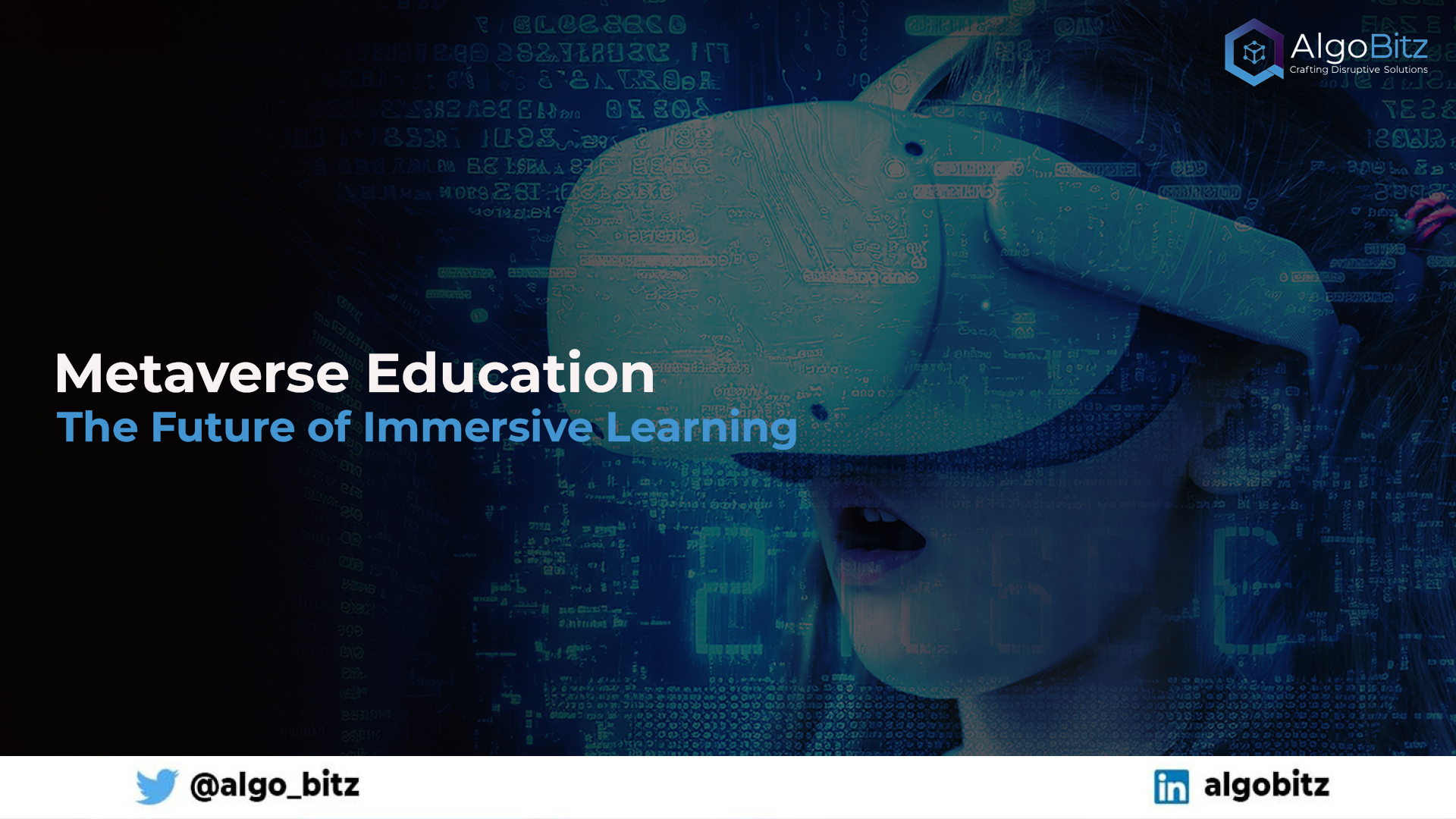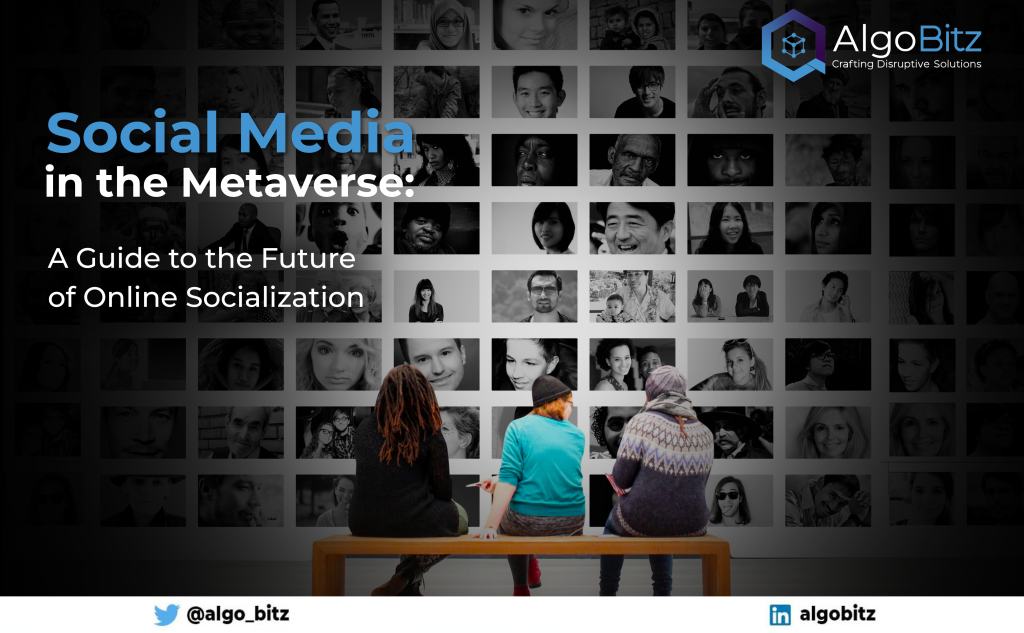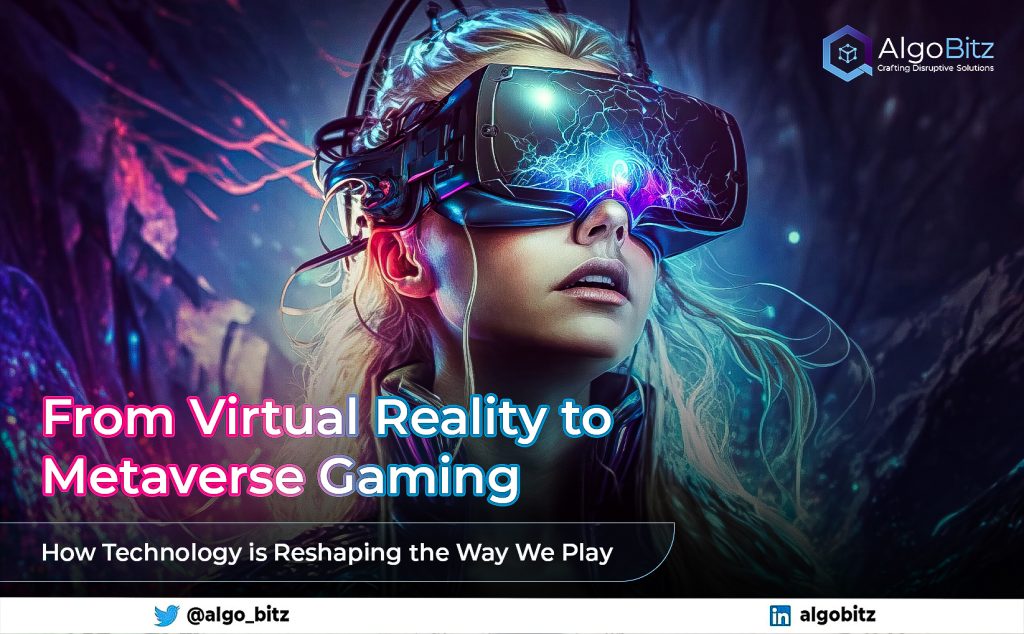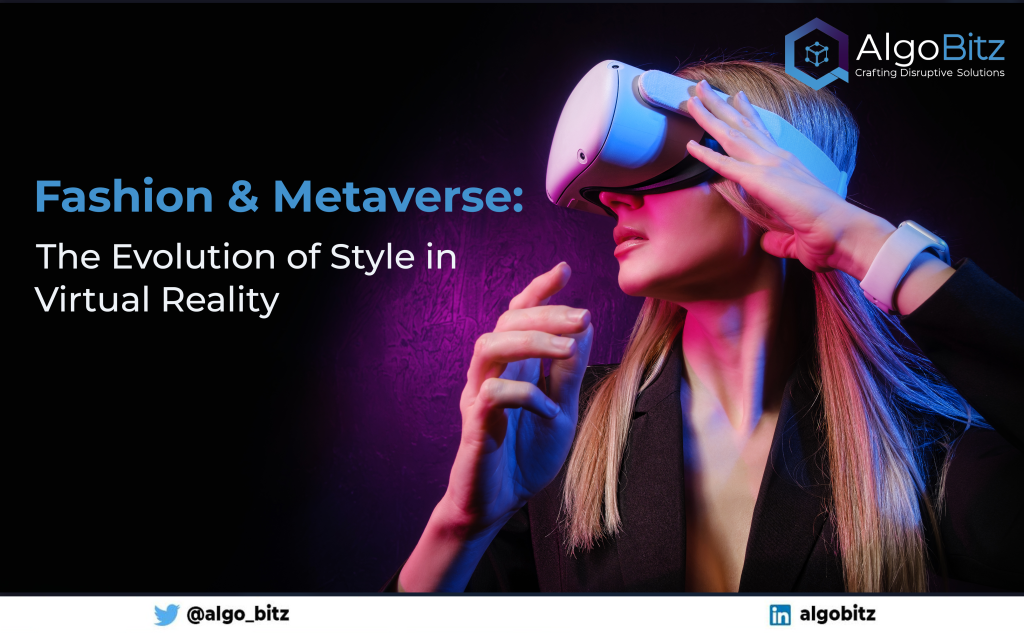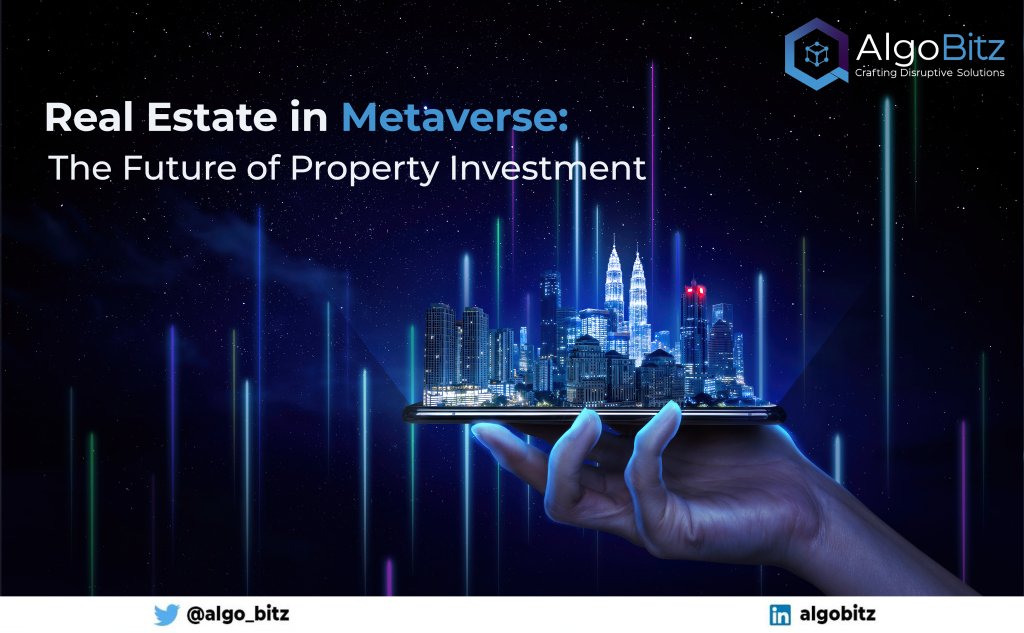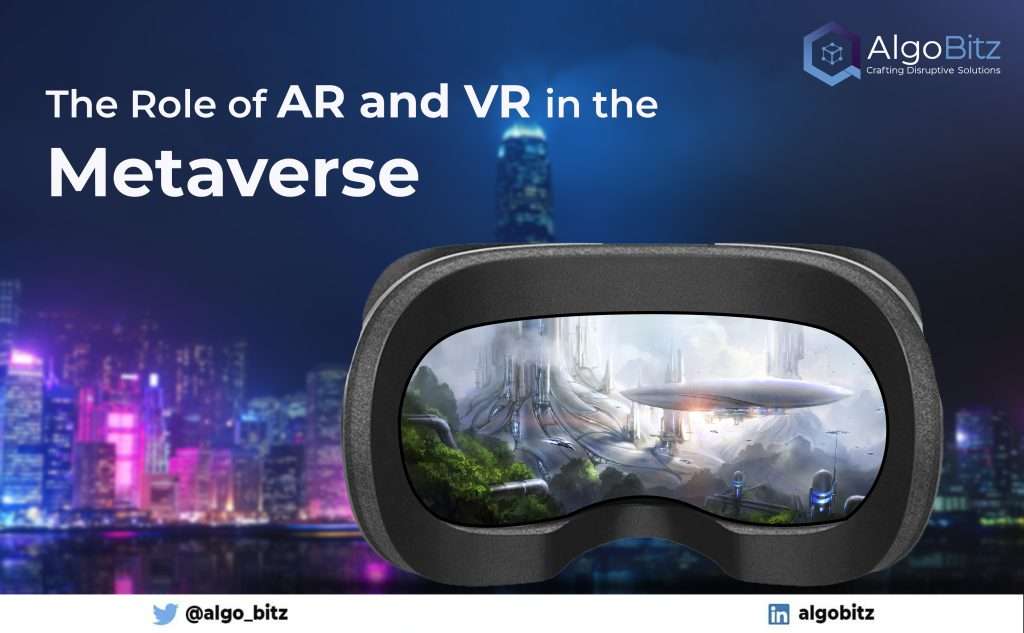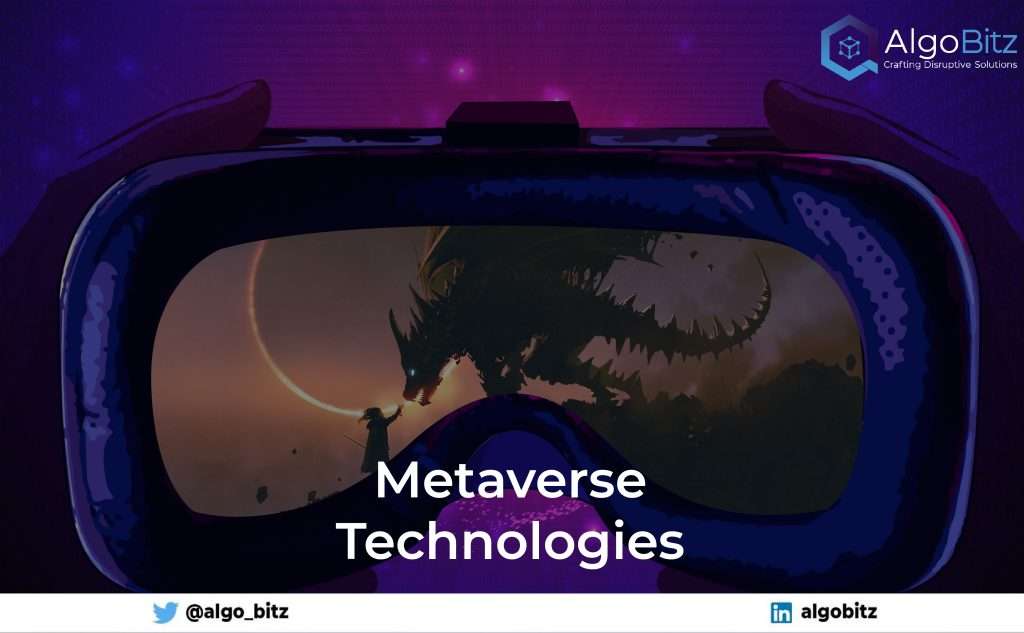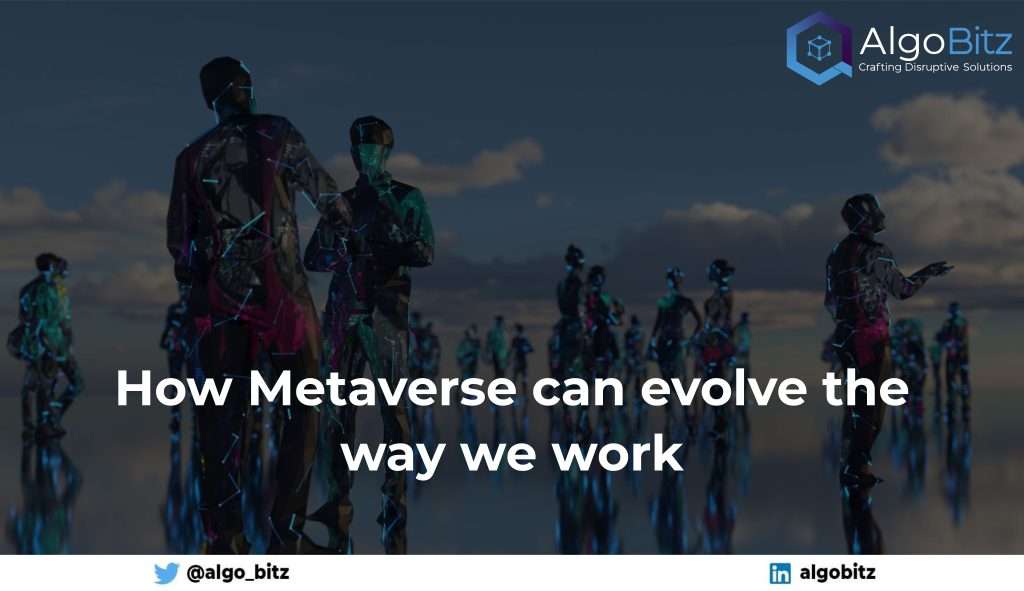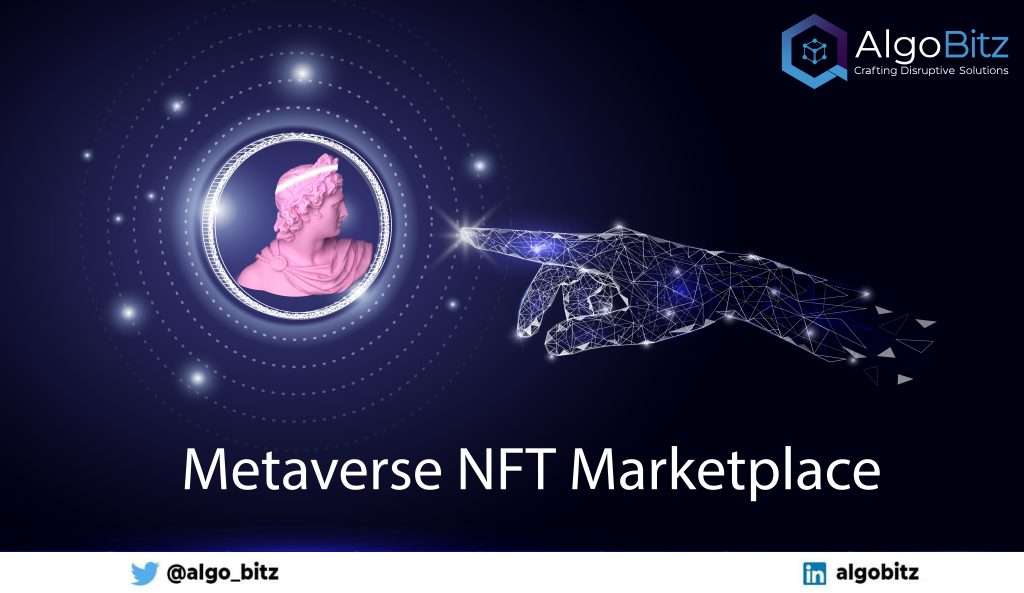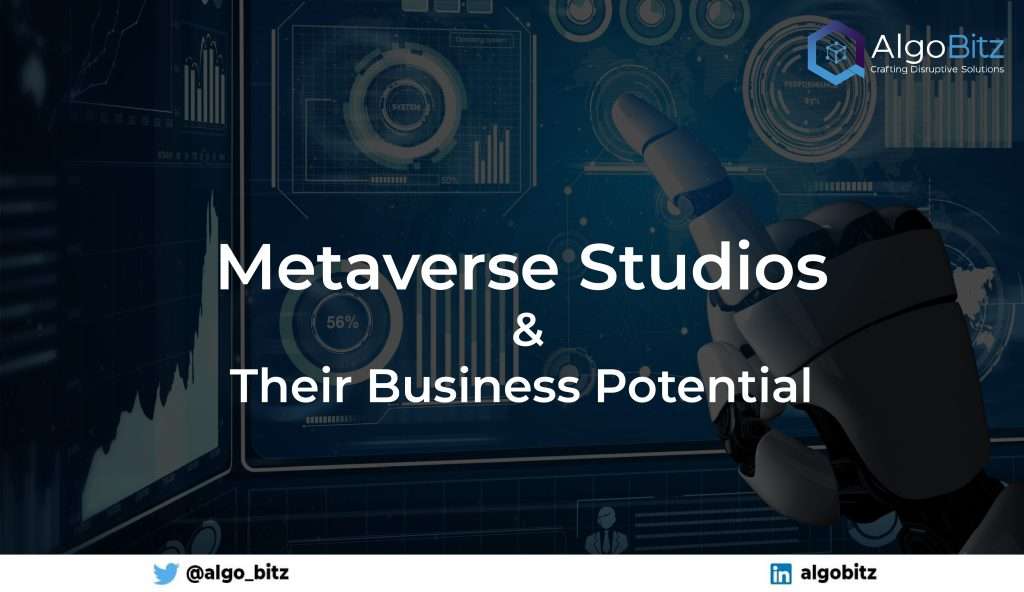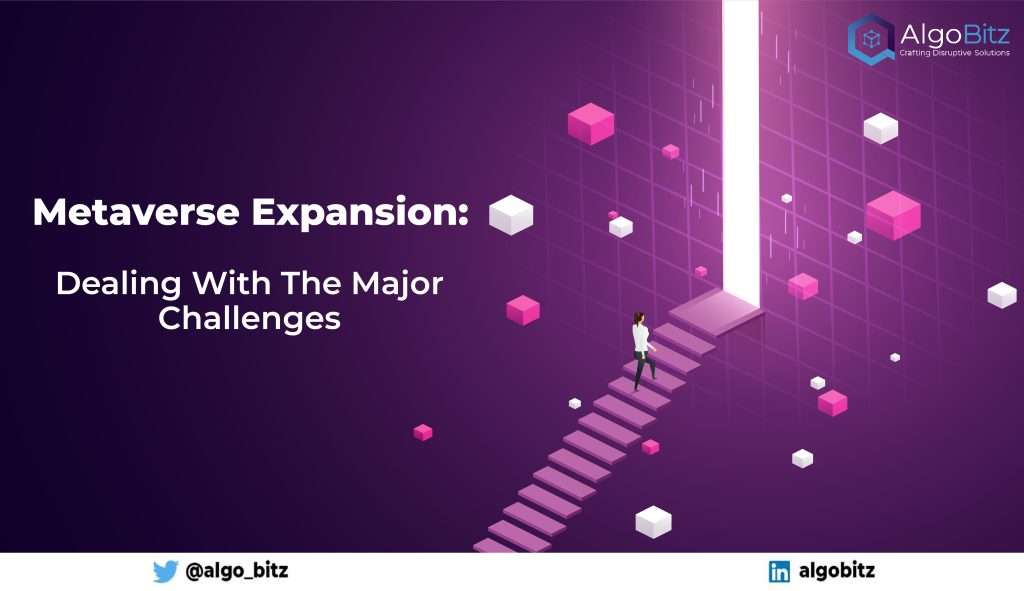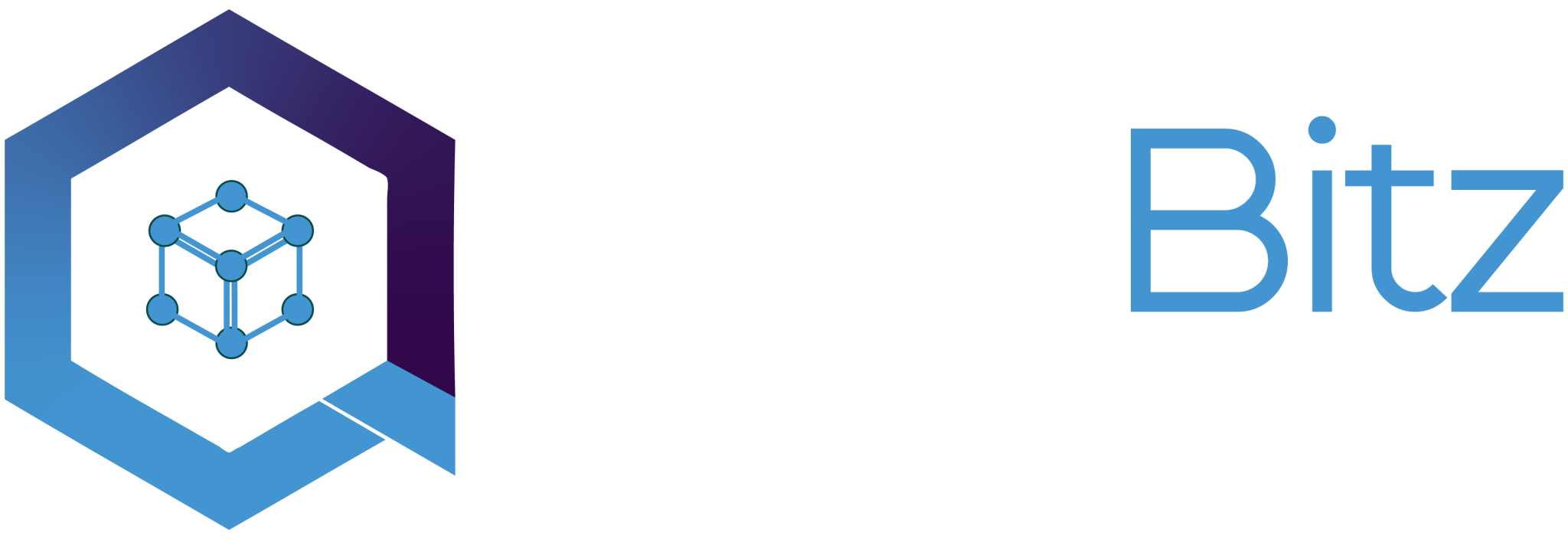The digital world has undergone significant transformation in recent years, and the concept of the metaverse is one of the most exciting developments yet. The metaverse is a virtual world designed to provide an immersive digital experience for users. With its interactive and immersive nature, the metaverse has enormous potential to transform many domains and education is one of them. Now you may be wondering, “Is it possible that the metaverse can revolutionize the way we learn?” So, in this article, we will explore the concept of the metaverse, its current state, and the scope of metaverse education.
What is the Metaverse?
The metaverse is a term used to describe a virtual world that exists in parallel to the physical world. It is a fully-realized, interactive environment that users can explore and inhabit through a variety of devices, including virtual and augmented reality headsets. The concept of the metaverse is often associated with science fiction, but it is rapidly becoming a reality.
The metaverse is not just a single platform or application. Instead, it is a combination of many different technologies, including virtual and augmented reality, artificial intelligence, blockchain, and more. These technologies work together to create an immersive and interactive virtual world that can be accessed from anywhere in the world.
At its current stage, the metaverse is still in its infancy. However, with the development of virtual and augmented reality technology, the potential for the metaverse to grow is enormous. Some experts predict that the metaverse will eventually become a dominant force in the digital landscape, with users spending more time in virtual worlds than in the physical world.
Applications of Metaverse in Education
The potential for the metaverse to transform education is vast. The immersive, interactive nature of the metaverse allows for a more engaging and personalized learning experience. Here are a few ways the metaverse is already being used in education:
1. Virtual Field Trips
In the traditional classroom setting, field trips can be expensive and difficult to coordinate. With the metaverse, students can take virtual field trips to any location in the world, without ever leaving the classroom. For example, Google Expeditions allows students to explore landmarks and historical sites from around the world in virtual reality.
2. Immersive Learning Environments
In the metaverse, students can interact with digital content in a more engaging and immersive way. For example, they can explore a virtual lab to conduct experiments, or work on a group project in a virtual workspace. This can help to bring abstract concepts to life, making them easier to understand and remember.
3. Virtual Guest Speakers
The metaverse also allows for virtual guest speakers to be brought into the classroom, regardless of their physical location. This can provide students with access to a wider range of experts and professionals, without the need for costly travel expenses.
4. Gamification
Gamification is the use of game elements in non-game contexts, such as education. In the metaverse, gamification can be used to create more engaging and interactive learning experiences. For example, a history lesson could be turned into a game, where students explore a virtual world and interact with historical figures.
5. Personalized Learning
The metaverse has the potential to provide personalized learning experiences for each student. With the use of artificial intelligence, the metaverse can track a student’s progress and adjust the learning experience accordingly. This can help to ensure that each student is learning at their own pace and in a way that is most effective for them.
Latest Examples of Metaverse in Education
The use of the metaverse in education is still in its early stages, but there are already some exciting developments. Here are a few examples:
1. Minecraft: Education Edition
Minecraft: Education Edition is a version of the popular video game that is specifically designed for classroom use. It allows teachers to create interactive worlds for their students to explore and learn in. For example, students can learn about ancient civilizations by exploring a virtual world created by their teacher, complete with historical landmarks and interactive elements.
2. EngageXR
EngageXR is a virtual reality platform that allows for immersive collaboration and learning experiences. It features a variety of tools, including 3D modeling and video conferencing, that can be used to create engaging learning environments. For example, a teacher could use EngageXR to create a virtual classroom where students can interact with each other and with digital content.
3. Second Life
Second Life is a virtual world that has been around since 2003. While it was initially designed for social interaction, it has since been used for a variety of purposes, including education. Second Life allows for the creation of virtual classrooms and learning environments, as well as virtual field trips and other interactive experiences.
4. Oculus for Business
Oculus for Business is a platform that allows for the creation of virtual reality training programs. This can be especially useful in fields where hands-on experience is necessary, such as healthcare or manufacturing. For example, medical students can use virtual reality to practice surgeries before ever stepping into an operating room.
Challenges and Future of Metaverse in Education
While the potential for the metaverse in education is vast, there are also some challenges that need to be addressed. One of the biggest challenges is the cost of technology. Virtual and augmented reality headsets can be expensive, and not all schools and students have access to them. Another challenge is ensuring that the metaverse is used in a responsible and ethical manner. As with any technology, there are concerns about privacy and data security.
However, despite these challenges, the future of the metaverse in education is bright. As technology becomes more affordable and accessible, we can expect to see more and more schools and educators incorporating it into their teaching practices.
Concluding Thoughts
The metaverse has the potential to revolutionize education by providing immersive and interactive learning experiences that are personalized to each student. From virtual field trips to gamification, the possibilities for the metaverse in education are endless. While there are some challenges that need to be addressed, the future of the metaverse in education is bright. As we continue to explore the possibilities of the metaverse, we can look forward to a more engaging and effective way of learning.
Algobitz is a leading metaverse development company that is dedicated to providing innovative solutions to our clients. We believe that the metaverse has the potential to revolutionize the way we learn, work, and play. As such, we are committed to developing cutting-edge technologies and platforms that enable our clients to create immersive and engaging experiences in the metaverse. Whether you are an educator, a business owner, or a content creator, we have the expertise and experience to help you bring your vision to life. Contact us today to learn more about how we can help you leverage the power of the metaverse to achieve your goals.
